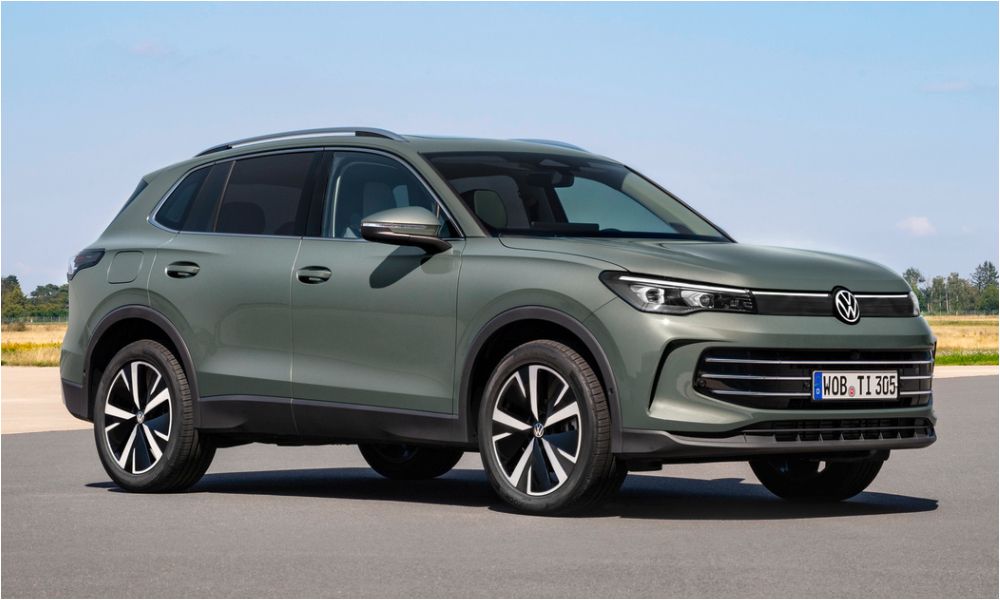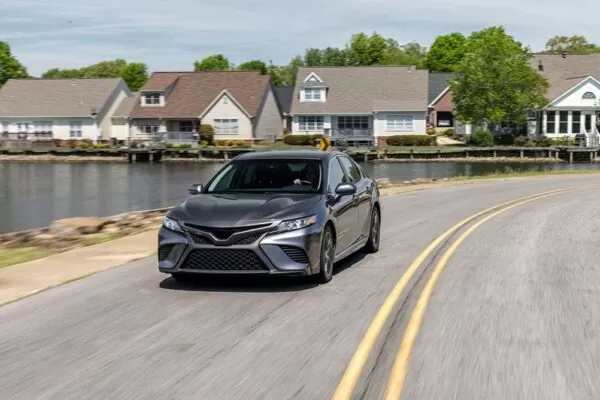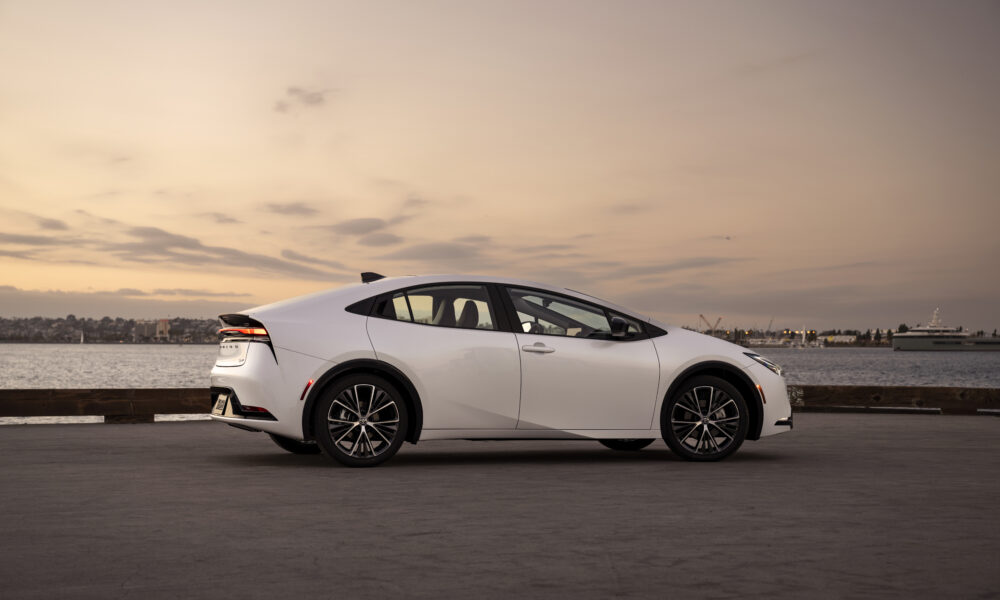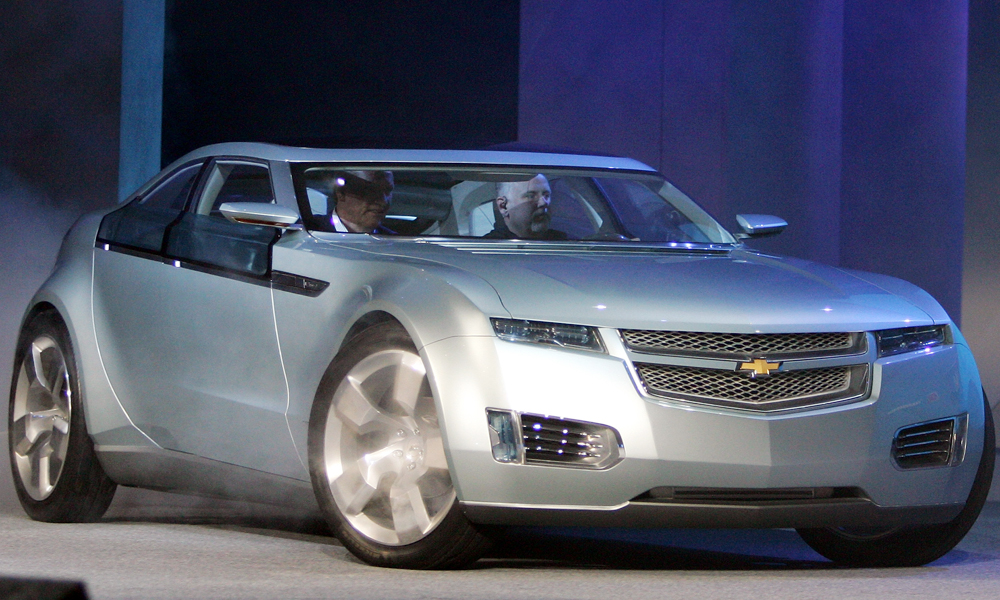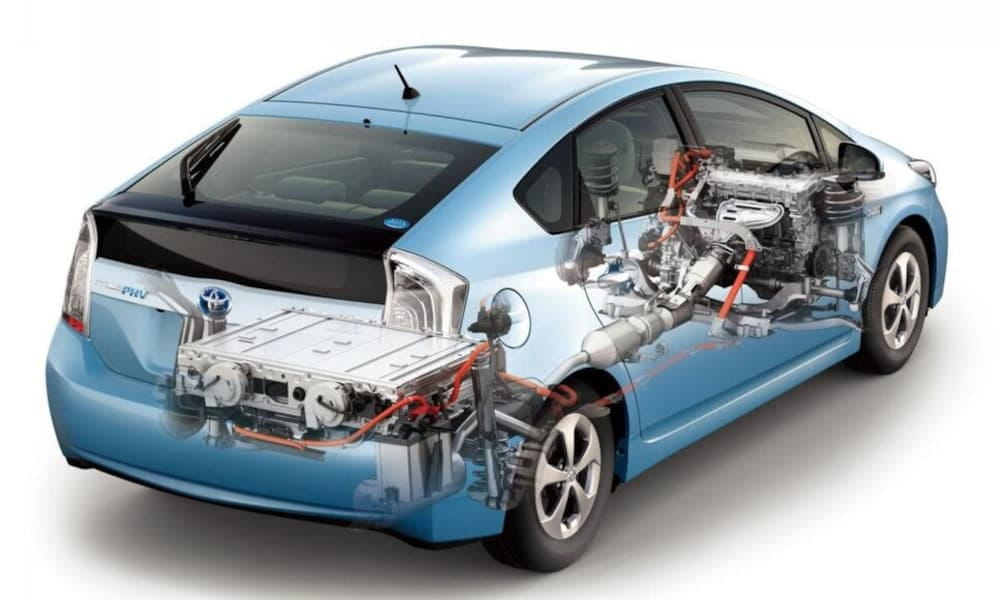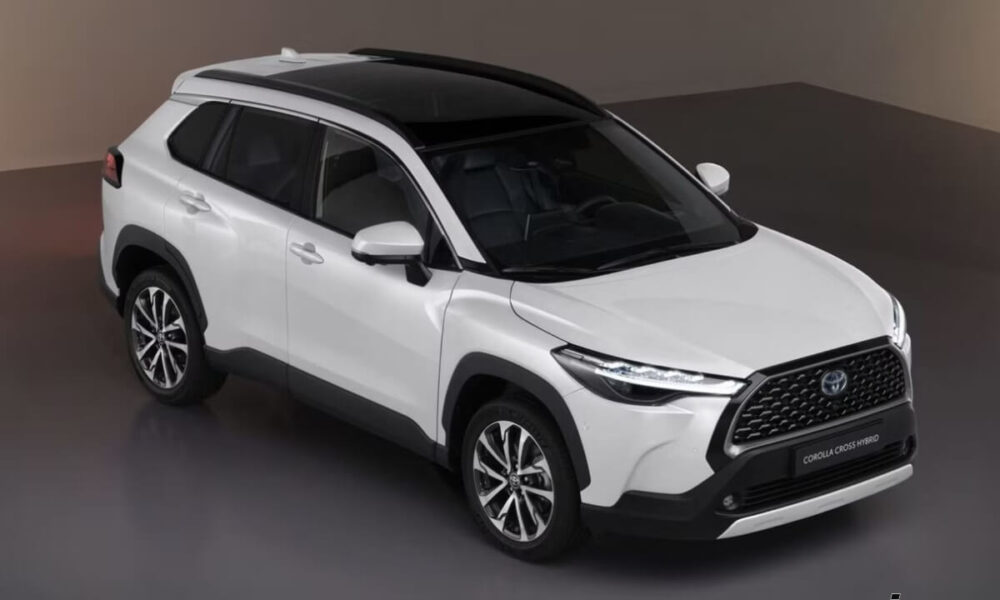As the world transitions to more eco-friendly transportation, hybrid cars remain a significant bridge between traditional gasoline-powered vehicles and fully electric models. While hybrids have been a game-changer in reducing fuel consumption and emissions, the future holds even more innovations that promise to redefine the hybrid experience. From advanced battery technology to smart energy management systems, the hybrid vehicles of tomorrow are set to become even more efficient, powerful, and environmentally friendly.
This article will explore the exciting innovations on the horizon for hybrid vehicles and why these advancements make hybrids a compelling choice for future-conscious drivers.
Advanced Battery Technology
One of the most significant innovations in the future of hybrids lies in the development of advanced battery technology. Currently, most hybrid cars rely on lithium-ion batteries, but new battery types, such as solid-state batteries, are being researched and developed. Solid-state batteries have several advantages over lithium-ion, including higher energy density, faster charging times, and increased safety.
Benefits of Solid-State Batteries:
- Greater Range: Solid-state batteries can store more energy in a smaller space, allowing hybrid cars to travel longer distances on electric power alone.
- Faster Charging: These batteries can charge at much faster rates, reducing the wait times for recharging electric components of hybrid vehicles.
- Improved Safety: Unlike lithium-ion batteries, solid-state batteries are less prone to overheating and potential fire risks, making them a safer option.
This advancement will likely push hybrids closer to the performance levels of fully electric vehicles, while still providing the convenience of an internal combustion engine for longer journeys.
Plug-In Hybrid Improvements
The popularity of plug-in hybrid electric vehicles (PHEVs) is growing as they offer the best of both worlds: the ability to drive short distances on electric power and the flexibility of a gasoline engine for longer trips. However, future innovations will make plug-in hybrids even more practical and efficient.
Key Innovations:
- Increased Electric-Only Range: Future PHEVs will feature improved battery technology, allowing for a much longer electric-only range. This will make it possible for drivers to complete daily commutes without using gasoline at all.
- Faster Charging Stations: As charging infrastructure continues to expand, plug-in hybrids will benefit from faster public charging stations, reducing the time it takes to recharge the vehicle’s battery on the go.
- Smart Charging Systems: Innovations in energy management systems will enable smarter charging, where the vehicle can determine the most cost-effective and energy-efficient times to charge, based on the grid’s demand and electricity prices.
Lightweight Materials and Aerodynamics
As car manufacturers look to improve the fuel efficiency of hybrid vehicles, reducing the overall weight of the car is a key focus. Lightweight materials such as carbon fiber, aluminum, and high-strength steel are increasingly being used to replace traditional materials like iron and heavy steel. This reduces the car’s weight without sacrificing safety or performance.
Enhanced Aerodynamics:
In addition to lighter materials, the aerodynamics of hybrid vehicles are being optimized to reduce drag and improve fuel efficiency. Features such as active grille shutters, streamlined body shapes, and adaptive air suspension systems help reduce resistance as the car moves through the air, allowing the hybrid vehicle to consume less energy at high speeds.
Autonomous Driving Integration
Another exciting innovation on the horizon for hybrids is the integration of autonomous driving technologies. Many future hybrid models will come equipped with advanced driver assistance systems (ADAS) that include features such as lane-keeping assistance, adaptive cruise control, and even fully autonomous driving modes.
How Autonomy Benefits Hybrid Efficiency:
Autonomous driving technologies can optimize energy usage by maintaining steady speeds and avoiding unnecessary acceleration and braking. This can significantly increase the fuel efficiency of hybrid cars, making them even more environmentally friendly and reducing wear and tear on vehicle components.
Enhanced Regenerative Braking
Regenerative braking is already a staple feature of hybrid vehicles, allowing the car to recapture energy during braking and use it to recharge the battery. However, future advancements in regenerative braking technology will make this system even more efficient.
Innovations in Regenerative Braking:
- More Power Recovery: Future hybrid vehicles will be able to capture and store more kinetic energy during braking, further extending the electric range of the vehicle.
- Smoother Operation: Engineers are working on systems that make regenerative braking smoother and more intuitive for drivers, providing a seamless driving experience while maximizing energy recovery.
Integration with Renewable Energy Sources
One of the most forward-thinking innovations for hybrid vehicles is the integration with renewable energy sources, such as solar and wind power. Hybrid cars equipped with solar panels will be able to charge their batteries using renewable energy, further reducing their dependence on fossil fuels.
Potential Benefits:
- Solar Charging: Some future hybrid models may feature solar panels on the roof or body of the car, allowing them to charge on sunny days, even when parked.
- Home Energy Integration: Hybrid vehicles will also be able to integrate with home energy systems, allowing drivers to charge their cars using solar panels installed at home or to use the car’s battery as a backup power source during outages.
Conclusion
The future of hybrid vehicles is full of exciting innovations that will further enhance fuel efficiency, performance, and environmental sustainability. From advanced battery technology and autonomous driving to renewable energy integration, these developments will ensure that hybrid cars remain a top choice for eco-conscious drivers for years to come. As technology continues to evolve, hybrids will offer the perfect balance of electric and gasoline power, making them a smart and sustainable choice for the future of driving.

